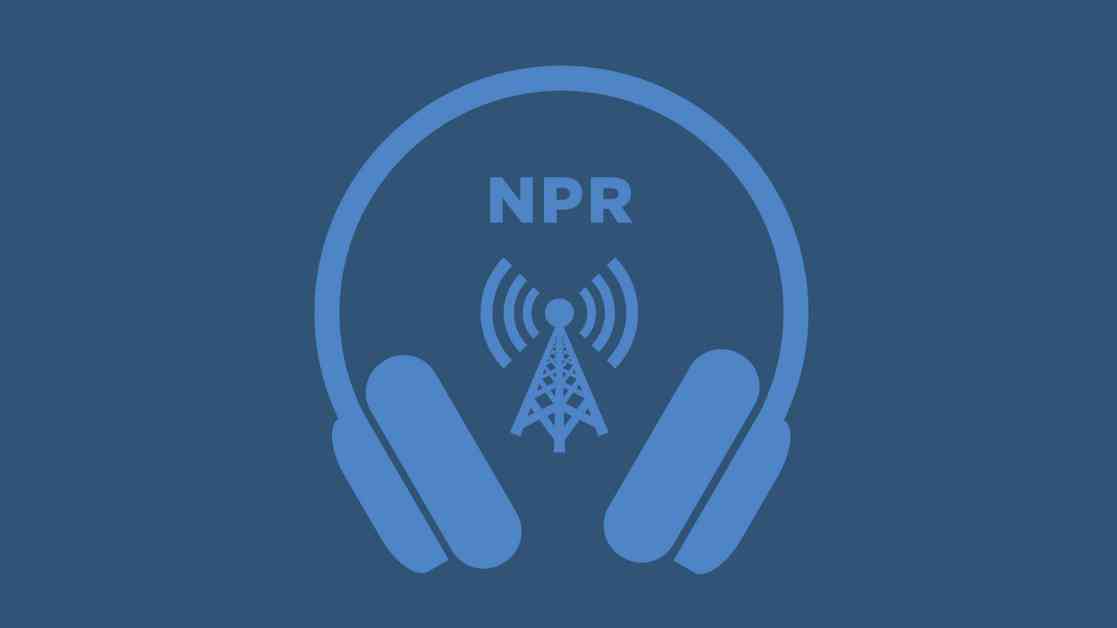College campuses across the nation are preparing for potential unrest in the upcoming fall semester due to the ongoing Israel-Hamas conflict. Student organizers, counter-protesters, and college administrators are all reevaluating their strategies and tactics in light of the volatile protests that occurred last spring.
One student organizer, Marie Adele Grosso, reflected on the challenges they faced when protests abruptly ended as the semester came to a close. Despite facing arrests and suspensions, many students like Grosso are using the summer to rethink their approach to activism for the fall. They are exploring new actions and escalations to continue their advocacy.
In Cambridge, Mass., students are joining community activists in protests against Israeli military suppliers. They are learning from experienced activists, including veterans of past movements, to understand effective tactics and strategies. The summer is being used as a time to prepare for potential escalations in the fall.
However, with escalating tensions in the Middle East and the upcoming U.S. election season, colleges are bracing for potential violent activities on campuses. Crisis communications consultant Jeff Hunt highlights the concerns of administrators as they work to prepare for possible disruptions. Schools are considering tightening rules on protests, security measures, and disciplinary actions to maintain campus safety.
Some students express concerns about a hostile environment on campus, particularly for Jewish and pro-Israel students. They accuse administrators of not enforcing rules, leading to a lack of accountability for disruptive actions. As a result, some students are considering more low-key approaches to activism in the fall to avoid confrontations with authorities.
On the other hand, students like Mahmoud Muheisen are exploring diplomatic approaches to advocacy, focusing on petitions and negotiations with university officials. They believe that quieter methods may be more effective in communicating their message and avoiding conflicts. This approach contrasts with the more confrontational tactics employed by some student activists.
As colleges work to navigate these challenges, some schools are implementing programs to promote civil discourse and education as a means to prevent violence and promote understanding. Education is seen as a vital tool in addressing the complexities of the Israel-Hamas conflict and fostering constructive dialogue on campus.
The upcoming fall semester will be a test for college campuses as they seek to balance free expression, safety, and inclusivity in the face of heightened tensions. Students, administrators, and activists are all preparing for a potentially tumultuous period, with a focus on finding constructive ways to engage in dialogue and advocacy.


